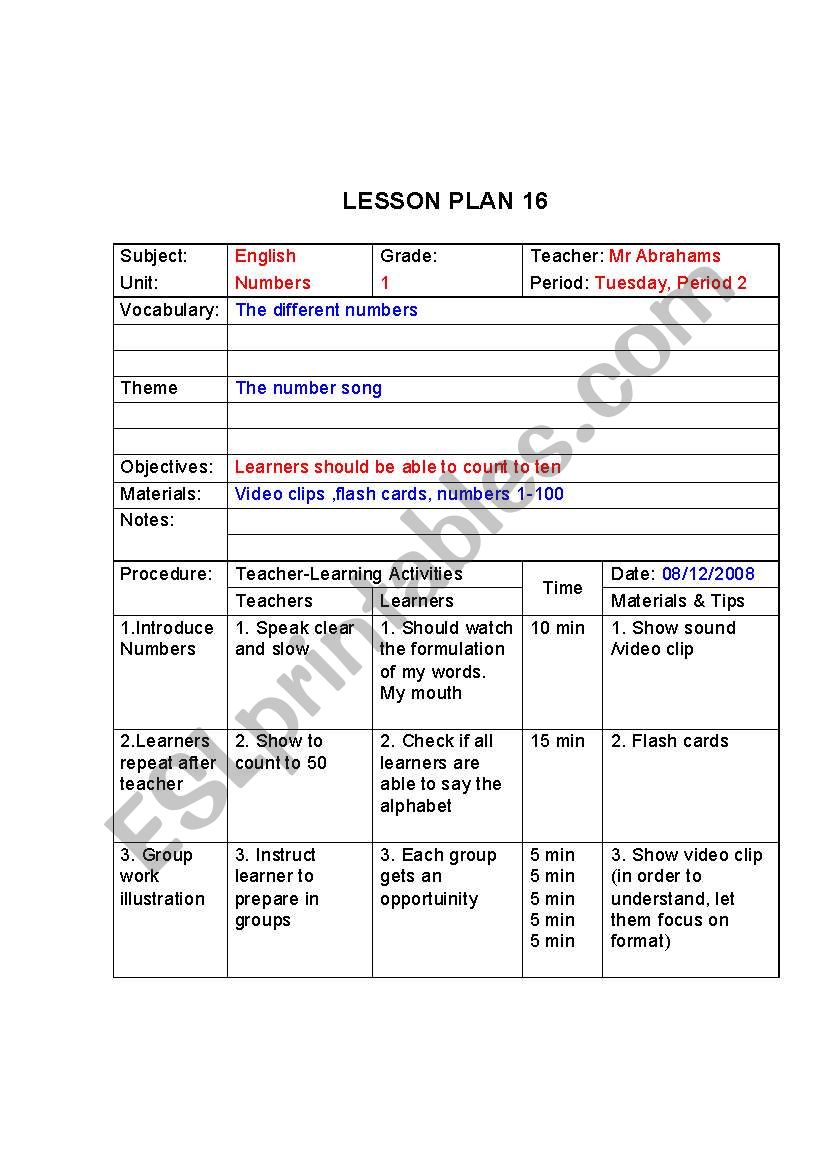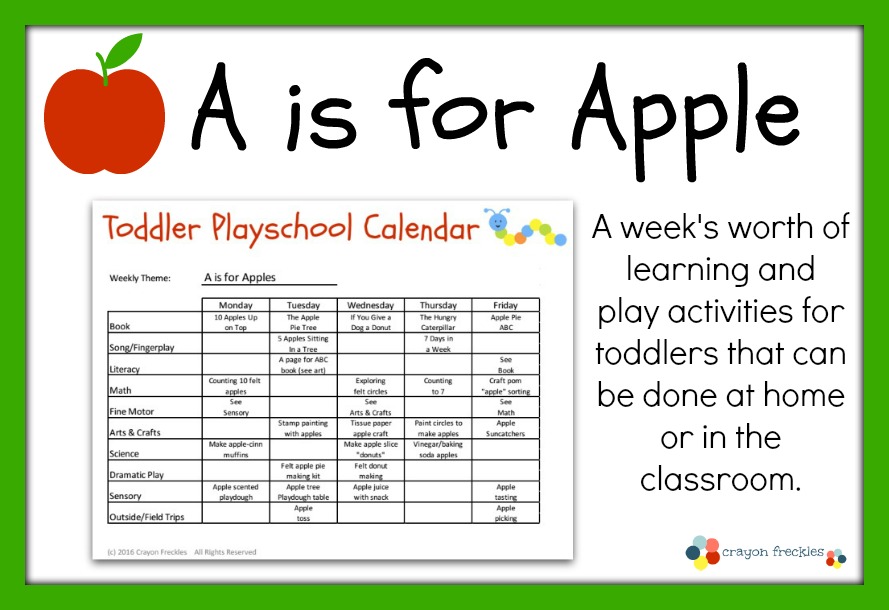Remember when you were a child, and the world was a giant, exciting playground? Learning the alphabet felt like uncovering a magical code, unlocking a world of stories and knowledge. Now, imagine helping little ones experience the same joy and wonder as they embark on their alphabet journey. That’s what this detailed lesson plan is all about – crafting engaging and interactive learning experiences that make mastering the alphabet fun, exciting, and easy for kindergarteners.

Image: telegra.ph
This detailed lesson plan isn’t just a guide; it’s a roadmap for igniting a passion for language and literacy in your little learners. We’ll explore playful activities, sensory exploration, and creative learning techniques that will not only help them recognize the letters but also associate them with sounds, words, and ultimately, reading and writing. Ready to embark on this alphabet adventure? Let’s begin!
A Multifaceted Approach to Alphabet Learning
Teaching the alphabet effectively requires a multifaceted approach. It’s not about simply memorizing letters but about understanding their sounds, shapes, and connections to words and everyday objects. This lesson plan will utilize a blend of methods:
- Visual Recognition: Engaging visuals like colorful alphabet charts, flashcards, and letter-themed games help kids visually identify the letters.
- Auditory Learning: Singing alphabet songs, rhymes, and phonics games help them connect letters with their sounds.
- Kinesthetic Activities: From molding clay letters to creating letter shapes with play dough, these hands-on activities enhance motor skills and reinforce letter recognition.
- Creative Expression: Through art, storytelling, and dramatic play, children explore the alphabet in a fun and engaging way.
Lesson Plan Overview: A Week-Long Alphabet Adventure
Day 1: Introduction and Letter Recognition
Start the week with excitement! Introduce the alphabet by singing the alphabet song and introducing a few letters at a time. Use colorful alphabet blocks or flashcards and pronounce the name and sound of each letter clearly. Engage them with simple letter-building activities, like arranging magnetic letters on a board or using play dough to create the letters. Remember to make it fun!

Image: abcalphabet01.blogspot.com
Day 2: Sound Recognition and Phonetic Activities
Today’s focus is on connecting letters with their sounds. Introduce simple phonetic activities, like matching pictures to letters that represent their initial sound. You can use a variety of materials like flashcards, board games, or even simple picture books. Encourage interactive games where children have to identify the sound of a letter and match it to the correct picture.
Day 3: Letter Formation and Fine Motor Skills
Develop those fine motor skills while reinforcing letter recognition. Introduce tracing activities where children trace letters on dot-to-dot worksheets or use their fingers to trace letters on a large letter chart. Engage them in activities like writing letters in sandboxes, shaving cream, or even with water on a whiteboard.
Day 4: Alphabet Storytelling and Creative Expression
Bring the letters to life through storytelling! Create a simple story using a few chosen letters, incorporating their sounds. Let the children help you tell the story, acting it out or drawing their own pictures to accompany the tale. Encourage them to use the letters to create and write their own stories!
Day 5: Review and Reinforcement
Practice makes perfect! Use a variety of activities to review the letters and their sounds. Play alphabet games like “Letter Bingo”, or “Letter Scavenger Hunt”. You can even incorporate technology, playing alphabet apps or educational videos. Make sure to celebrate their progress and encourage them to continue their journey!
Tips for Alphabet Success in Kindergarten
Remember, each child learns at their own pace. Celebrate their individual achievements and always keep the learning process fun and engaging. Here are a few tips to keep in mind:
- Make it hands-on!: Children learn best through experience. Provide opportunities for them to touch, feel, and manipulate letters using different materials.
- Use repetition and practice: Regular exposure and practice are key to mastering the alphabet. Integrate alphabet activities into your daily routine, from singing songs to reading picture books.
- Create a positive and supportive learning environment: Encourage exploration, experimentation, and mistakes. Help them build confidence as they discover the alphabet.
- Connect learning to real life: Point out letters on signs, in books, and even in everyday objects. Make the alphabet relevant to their world.
- Vary your teaching methods: Incorporate a mix of activities, games, songs, and stories to keep things fresh and engaging.
Remember, the journey to mastering the alphabet is a marathon, not a sprint. As educators, we play a crucial role in nurturing a love for learning, and with a little creativity and patience, we can make the alphabet a magical adventure for our young learners.
Common Questions about Alphabet Learning
What are the best strategies for teaching the alphabet?
There is no one-size-fits-all approach. The best strategies are multi-sensory, engaging, and allow for active participation. This includes incorporating sounds, visuals, and hands-on activities.
How can I make alphabet learning fun and engaging for kindergarteners?
Use playful activities, like singing alphabet songs, building letters with blocks, or playing alphabet games. Connect learning to their interests, like using their favorite characters or themes.
What are some common challenges in teaching the alphabet to kindergarteners?
Some children might struggle with recognizing or remembering letters, or they might have difficulty with fine motor skills needed for letter formation. Be patient and provide individualized support, using different approaches and resources.
Is it important for kindergarteners to know the alphabet before starting school?
While it’s beneficial, it’s not essential. The purpose of kindergarten is to introduce and teach the alphabet, and children will learn at their own pace with proper guidance and support.
Kindergarten Detailed Lesson Plan For Alphabet Letters
Wrapping Up: A Journey of Discovery
The alphabet is the foundation of literacy. By adopting a fun, engaging, and comprehensive approach, we can help kindergarteners not only master the alphabet but also develop a lifelong love for learning. Are you ready to set off on this alphabet adventure with your little learners? Share your experiences and tips for effective alphabet teaching in the comments below!






